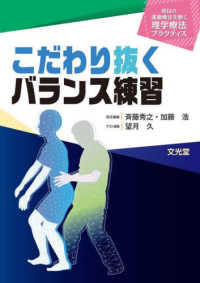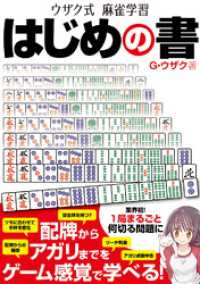Full Description
In Universal Prostitution and Modernist Abstraction, Jaleh Mansoor provides a counternarrative of modernism and abstraction and a reexamination of Marxist aesthetics. Mansoor draws on Marx's concept of prostitution-a conceptual device through which Marx allegorized modern labor-to think about the confluences of generalized and gendered labor in modern art. Analyzing works ranging from Édouard Manet's Olympia and Georges Seurat's The Models to contemporary work by Hito Steyerl and Hannah Black, she shows how avant-garde artists can detect changing modes of production and capitalist and biopolitical processes of abstraction that assign identities to subjects in the interest of value's impersonal circulation. She demonstrates that art and abstraction resist modes of production and subjugation at the level of process and form rather than through referential representation. By studying gendered and generalized labor, abstraction, automation, and the worker, Mansoor shifts focus away from ideology, superstructure, and culture toward the ways art indexes crisis and transformation in the political economic base. Ultimately, she traces the outlines of a counterpraxis to capital while demonstrating how artworks give us a way to see through the abstractions of everyday life.
Contents
Preface ix
Acknowledgments xv
Introduction 1. Toward a Materialist Formalism 1
Introduction 2. Modernism's Aesthetic Economy: An Art History of Labor's Subsumption 25
1. Georges Seurat's Muses, Abstracted: Abstract Anonymous Labor and the Beginnings of Aesthetic Abstraction 51
2. Francis Picabia's Real Abstraction and the Beginnings of Futurist Cyborgs: The Prefigurative Avant-Gardes 78
3. The Future of the Futurists: The Young-Girl; En/gendering Real Abstraction 104
4. The [Young-Girl] Worker as Equipment: Yves Klein's Living Paintbrushes 133
5. Surplus Bodies: Santiago Sierra's Exploitive Remuneration 157
Conclusion 177
Notes 197
Bibliography 213
Index 225








